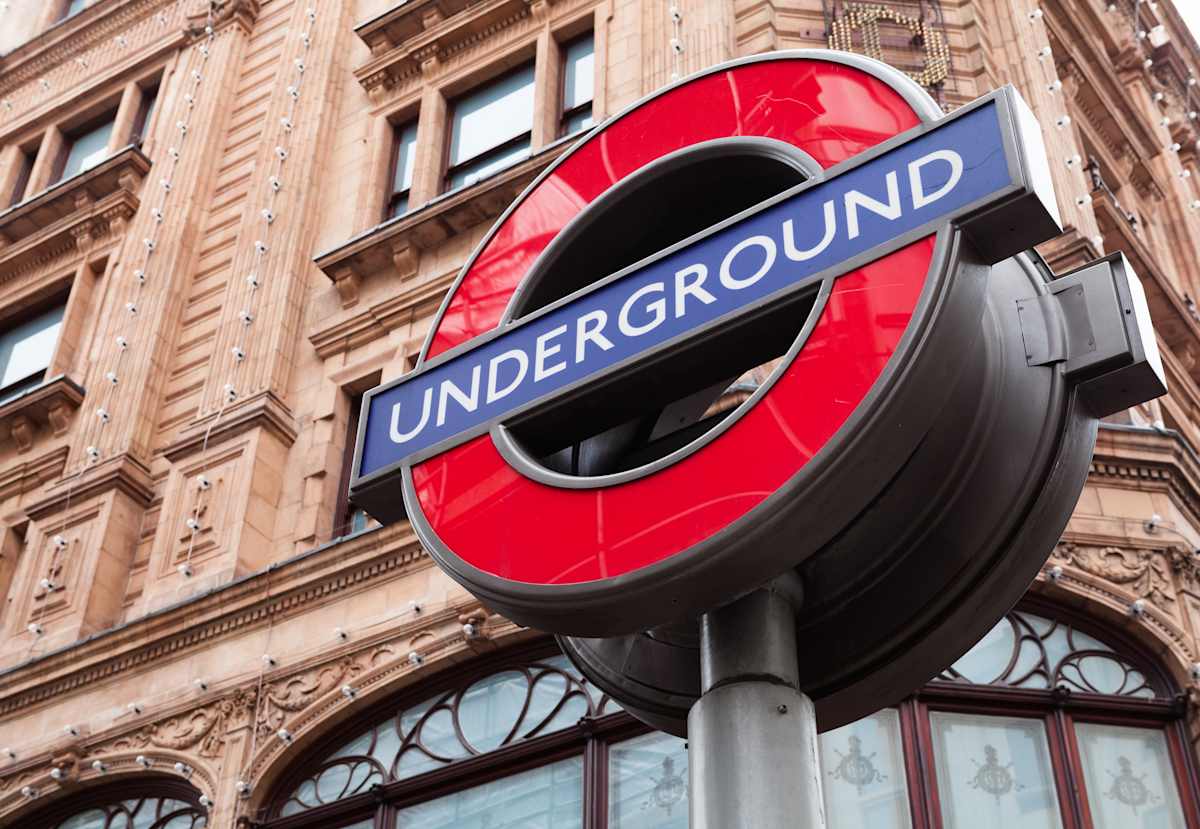Transport for London is exploring the possibility of implementing live facial recognition cameras throughout the London Underground claiming the strategy will reduce fare evasion and improve security, however surveillance fears remain.
Siwan Hayward, [1] who is the Director of Security, Policing, and Enforcement at [2] Transport for London or TfL, has revealed that the agency [3] is considering the use of live facial recognition technology as part of its efforts to tackle fare evasion and “more serious criminal” offenses. This technology could enable real-time monitoring of individuals traversing the transport network, as well as retrospective analysis of recorded footage after incidents occur. Hayward emphasized that facial recognition is merely one element of a broader array of innovative technologies aimed at enhancing security and operational efficiency within London's transportation system. This dialogue emerges as biometric technologies gain increased importance in public safety initiatives globally.
“We are working very closely with the Met on understanding the approach, the ethics, the biases and the potential issues with how facial recognition is deployed, and also with British Transport Police in terms of the use of facial recognition, said Hayward, “In part of our thinking over the next five years about how we best use technology to be able to tackle fare evasion, and other more serious forms of criminality on our network, facial recognition is one of the elements of that, both proactive as well as retrospective facial recognition.” In London, the Metropolitan Police have implemented facial recognition technology throughout the city. As of early July, the Met [4] announced that over 1,035 arrests have been made since January 2024 due to live facial recognition operations that compare individuals' faces with criminal watchlists. This application of technology in law enforcement has sparked broader discussions regarding the equilibrium between security measures and civil liberties.
Worldwide, transit systems are investigating comparable biometric projects. In Japan, JR East [5] launched a pilot programme for facial recognition ticket gates at Niigata and Nagaoka stations, aiming to assess the technology's viability for broader implementation. Meanwhile, cities across the globe are working on biometric solutions for public transportation to enhance security and streamline operations. However, the growing prevalence of facial recognition technology has raised considerable privacy issues. The Biometrics Institute has [6] urged for the establishment of uniform standards to regulate the application of facial recognition in public areas, stressing the necessity for clear oversight, transparency, and measures to ensure individual privacy protection. Officials from Transport for London have underscored that any move to utilize facial recognition technology would adhere to strict data protection regulations and undergo thorough public consultation prior to any rollout.
The Biometrics Institute published [7] a paper titled Members’ Viewpoints: The Use of Facial Recognition in Policing. This document delves into the intricate challenges associated with the deployment of facial recognition technology, with a particular focus on live facial recognition within law enforcement contexts. This release builds on the Institute's earlier efforts, such as [8] the 2021 report Should We Ban Facial Recognition? and captures the ongoing development of member opinions on this crucial issue. According to India Block [9] a writer for the Evening Standard, advertising has taken over entire public transport lines, while facial recognition cameras are becoming a ubiquitous presence in her column [10] titled Transport for London is trying to turn the Tube into a hellish dystopia. “If facial recognition cameras are introduced to the Underground network, there will be no going back. These sinister surveillance systems are already being rolled out all over the city’s surface level. The Met has rolled out its live facial recognition systems with fixed cameras in Croydon and roaming vans that could be anywhere. They use it at protests and at football matches,” said Block.
In 2020 [11] the Alan Turing Institute would release [12] a report titled Understanding bias in facial recognition technologies highlighting the significant dangers associated with facial recognition technology. Dr David Leslie [13] the Director of Ethics and Responsible Innovation Research who authored the report said, “The gradual creep of face surveillance infrastructures into every domain of lived experience may eventually eradicate the modern democratic forms of life that have long provided cherished means to individual flourishing, social solidarity and human self-creation.” As London explores the possibility of incorporating surveillance technologies into its transportation networks, the discussion highlights the intricate challenge of enhancing public safety while protecting civil liberties in a bustling urban landscape.
